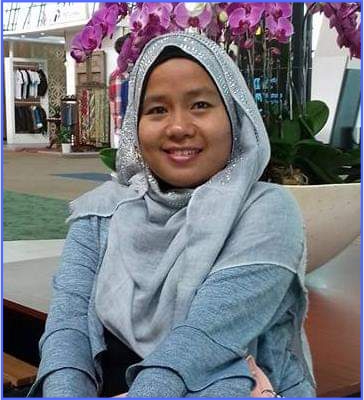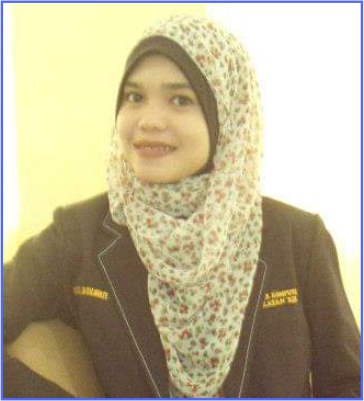Influence of Factors on Teachers' Achievement as Better Educators in primary Schools
DOI:
https://doi.org/10.62386/jised.v2i4.86Keywords:
Performance, Professional Experience, Environment and Motivation, Sociocultural Factors , Best EducatorAbstract
The best teachers must be present in Timor-Leste schools in order to guarantee high standards of education. Therefore, this study was conducted to understand the factors that influence teachers to achieve better educators. In this work, the exploratory sequential design is used together with mixed techniques. In the first phase, a request was made that only teachers who had won prizes should respond to the semi-structure interview which provided specific qualitative accounts of their experiences and feelings. Narrative analysis method was employed to analyse the data. May it be in terms of content or method, the study discovered through qualitative analysis that quantitative data was then obtained in the second phase to find out more of the specific components, which the instructors consider as influential for them to become better educators. Teachers at primary school in Baucau about 40 were requested to fill questionnaires that comprised most of the quantitative part of the study. The study results of the narrative analysis supported the notion that motivation, experience, surroundings, and culture influences teacher development. Additionally, the results of the correlation analysis supported the hypothesis that there is a higher convergence between performance, environment, motivation, and sociocultural factors and teachers' achievement as educators, as well as a higher correlation between teachers' achievement and factors related to professional experience.
Downloads
Downloads
Published
How to Cite
Issue
Section
License
Copyright (c) 2024 Salvador Magno Ximenes

This work is licensed under a Creative Commons Attribution-ShareAlike 4.0 International License.





















